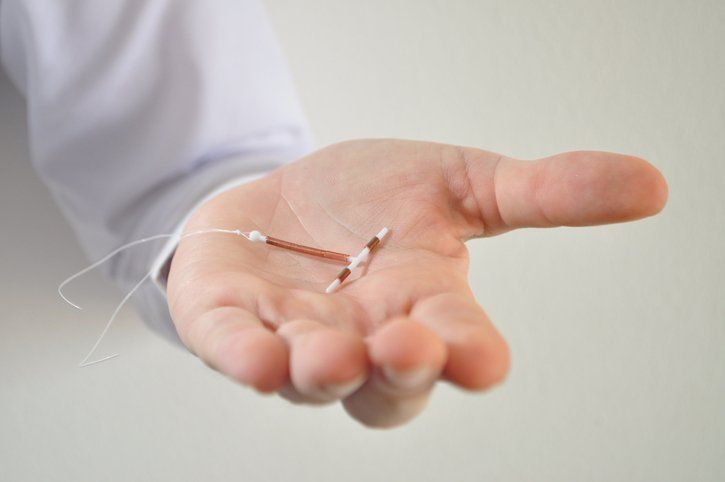What To Know About Irregular Menstruation
- By Admin
- •
- 02 May, 2023
- •
Many people menstruate, but that doesn't always mean they fully understand it. Luckily, your period can tell a lot about
your overall health. If you would like to know more about menstruation to better understand your health, keep reading.
How Long Should Your Period Last?
On average, a period standard period should last a little under a week every 28 or so days, however, everyone is different. Ideally, however, your cycle should be somewhat consistent. For example, if you usually only bleed for three days, bleeding for seven may be a cause for concern.
When you first get your period as a teen, it is usually unpredictable
and inconsistent. Older adults going through menopause may also notice natural changes in their flow. Occasionally, you may have bleeding between cycles, and this may indicate an issue, especially if it keeps happening.
What Are Common Symptoms?
If you have premenstrual syndrome (PMS) like the majority of the menstruating population, you may notice symptoms one to two weeks before bleeding begins. This is largely caused by hormonal changes, and it can lead to:
- Acne
- Tender and heavy breast tissue
- Fatigue
- Cramps in the lower belly
- Changes in bowel movements
- Mood swings
- Lower back pain
The symptoms can last until a few days after the bleeding starts. The severity of symptoms varies from person to person and can range drastically. Some people may need regular heating pads to soothe pain, and others may not notice any discomfort.
Once bleeding begins, you'll lose about two to three tablespoons of blood or 30 to 40 mL of blood, but you can also find bits of the uterine lining, blood clots, and mucus in the blood.
You don't really need to know the exact amount of blood you lose each cycle unless the amount feels way too much or isn’t consistent. If you usually have a period that lasts only three days, but your period suddenly doubles, you may want to contact your doctor.
What Are Abnormal Symptoms?
Irregular periods can have many different types of symptoms. Naturally, if a period is inconsistent in time and flow, yours may be considered irregular. However, other symptoms of an abnormal period, include:
- Missing multiple periods in a row
- Periods that last longer than seven days
- Bleeding after menopause
You may also want to see your doctor if your cycle isn't consistent. Typically, your period should occur about every 21 to 35 days. If yours keeps occurring more frequently or less frequently, an issue may be present. Likewise, if your cycle usually lasts 23 days, but it suddenly jumps to 33 or vice versa, contact your OBGYN.
What Can Affect Your Period?
There are many factors that can affect your period. First, any issues with hormones, including hormonal birth control can affect your period. Hormonal birth control pills tend to make your period lighter. Certain medications may also have an impact, especially those designed for mental health issues.
Many health conditions cause irregular periods, including:
- Thyroid issues
- Eating disorders
- Bleeding disorder
- Miscarriage
- Cushing's syndrome
- STDs
On top of that, irregular periods, especially frequent irregular periods can point to an issue with the uterus, such as:
- Uterine fibroids
- Endometriosis
- Endometrial polyps
- Adenomyosis
While many conditions only affect the flow, endometriosis, fibroids, and STDs may also cause excessive and abnormal pain.
Menstruation is a totally normal part of life, but it can also seem confusing. Ideally, as long as your cycle is consistent and within the standard guidelines, you don't need to worry. Frequent irregular periods, however, could indicate many complications. If you would like to know more, or if you want to schedule an appointment, contact us at Jack G Faup MD, PA today.



